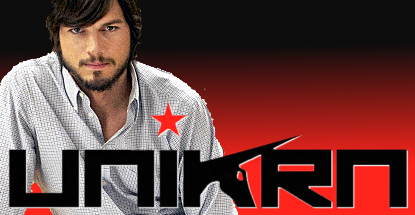 Fledgling eSports betting operator Unikrn has launched a free-play version of its real-money betting platform.
Fledgling eSports betting operator Unikrn has launched a free-play version of its real-money betting platform.
On Tuesday, Unikrn announced the launch of Unikrn Arena Global, along with a companion Unikrn Vault app for iOS and Android devices. Unkirn also announced the debut of its proprietary ‘Unikoin’ currency, which players can use to enter daily, weekly and monthly raffles for prizes from companies like Alienware, HP and Logitech, plus additional prizes from pro eSports teams.
Unikrn boasts a 9m strong community that gather to watch and discuss live eSports events, while residents of certain jurisdictions have the extra option of wagering money on said events. In April, Unikrn launched its real-money betting platform in conjunction with Australian betting operator Tabcorp and the platform launched in the UK the following month.
Unikrn Arena Global offers users the opportunity to earn Unikoins by performing daily ‘quests,’ such as placing wagers (in cash or Unikoin), engaging with their social media friends and answering trivia questions.
Unikrn also announced that Sound Ventures, the venture capital firm founded by actor Ashton Kutcher (pictured) and his manager Guy Oseary, had joined Unikrn’s Series A investment round. Kutcher, a noted tech investor (and former illegal messenger bettor), said eSports were “mainstreaming, and Unikrn Arena provides fans with an additional level of excitement not found elsewhere.”
ESPORTS NO FAD
In a recent interview with Kotaku.com, Unikrn attorney Bryce Blum said that the company “hit our target numbers incredibly quickly” following the Australia and UK launches. Unikrn’s immediate expansion goals were similar to those of a traditional sportsbook; more types of eSports on which users could wager, more types of bets they could offer on those games and more markets where such bets can be offered.
Blum said advertisers had taken notice of eSports main demographic: “relatively affluent males, ages 18 to 35.” But Blum said eSports was “already catering to a broader demographic” than online diversions such as Magic: the Gathering and “the number of players will only go up as time goes on.” Blum said advertisers are catching on to the fact that eSports “offer access to an unbelievably broad audience for relatively cheap” and “the smart brands will follow suit.”
As for skeptics who think eSports are an unsustainable fad, Blum conceded that it was an evolving ecosystem whose long-term prospects couldn’t be foretold. But he noted that the overall industry was growing faster than any individual game, and thus “one game could lose popularity and the industry’s popularity would continue to skyrocket.”






